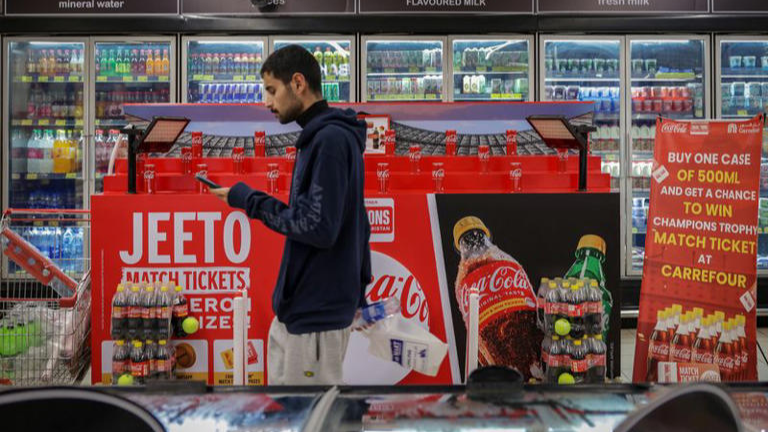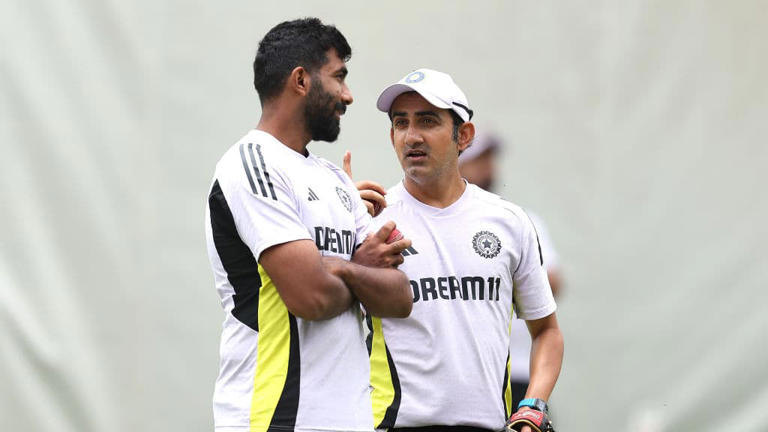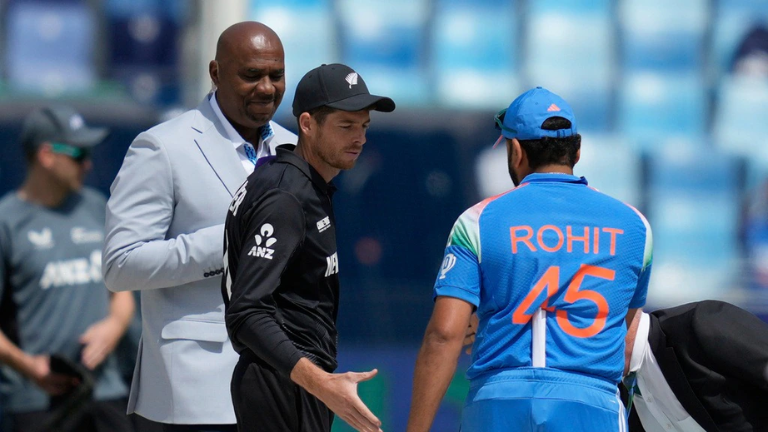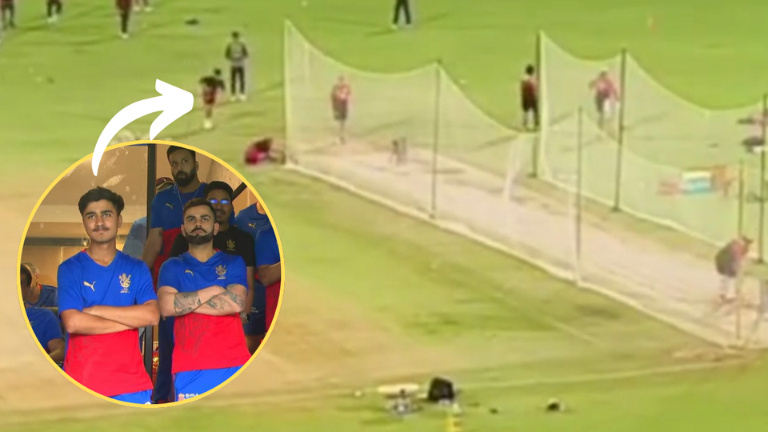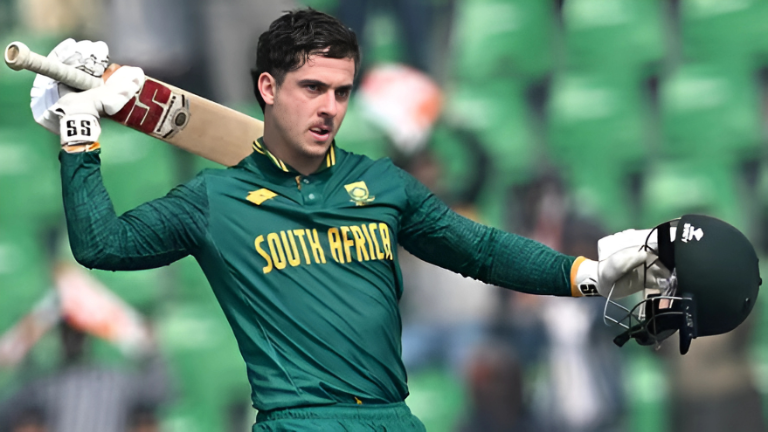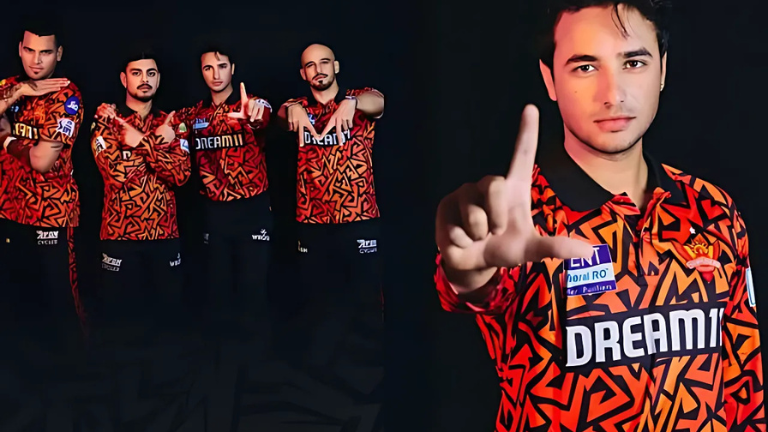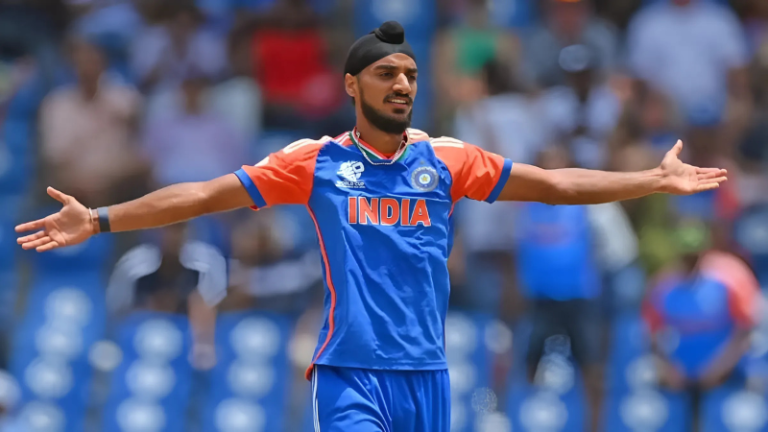Coca-Cola Champions Trophy Marketing: How Coca-Cola is Taking on Pepsi in Pakistan’s Cricket Craze
As Pakistan hosts its biggest cricket event in nearly 30 years, brands are seizing the opportunity to dominate the marketing landscape. In what has turned into a high-stakes branding contest, Coca-Cola Champions Trophy Marketing is making headlines as the beverage giant looks to steal the spotlight from its biggest competitor, Pepsi.
Pepsi, the official sponsor of Pakistan’s national cricket team, has long held dominance in cricket sponsorship within the country. But Coca-Cola is making a bold play by tapping into Pakistan’s grassroots cricket culture—tape-ball cricket, a local invention that has shaped many of the country’s cricketing legends.
Coca-Cola Champions Trophy Marketing: A Bold Move to Challenge Pepsi
With Pepsi holding exclusive sponsorship rights to the Pakistan national team, Coca-Cola had to get creative. Rather than pursuing traditional sponsorship deals, the company launched a smart, nostalgia-driven campaign that has captured the attention of cricket fans across Pakistan.
At the heart of Coca-Cola Champions Trophy Marketing is a limited-edition bottle designed to appeal to the nation’s love for street cricket. The campaign is built around tape-ball cricket, a fast-paced version of the game played in streets, parks, and open spaces across Pakistan.
How Coca-Cola’s Tape-Ball Campaign Works
The Urdu-language advertisement for the Coca-Cola Champions Trophy Marketing campaign tells a relatable story:
📌 A young man walks into a store and asks for a tennis ball and electrical tape—the two essential components of tape-ball cricket.
📌 Instead of giving him tape, the shopkeeper hands him a Coca-Cola bottle with a hidden surprise.
📌 The customer looks puzzled and asks, “What’s this?” to which the shopkeeper responds with a knowing smile.
📌 Upon leaving the store, the young man discovers a strip of red tape hidden behind the Coca-Cola bottle’s label, which he excitedly wraps around the tennis ball—ready to play cricket.
This simple yet powerful campaign instantly resonates with millions of Pakistanis who grew up playing tape-ball cricket on the streets.
Why Tape-Ball Cricket is Key to Coca-Cola Champions Trophy Marketing Success
Tape-ball cricket is more than just a game in Pakistan—it’s a rite of passage for aspiring cricketers. Unlike traditional hardball cricket, tape-ball requires minimal equipment—a tennis ball wrapped in electrical tape to increase speed and swing.
Some of Pakistan’s greatest cricketers, including Wasim Akram, Babar Azam, and Shoaib Akhtar, started their careers in tape-ball cricket before transitioning to the professional level. By associating its brand with Pakistan’s grassroots cricket culture, Coca-Cola is strategically positioning itself as an authentic part of the cricketing experience.
Consumer Reactions to Coca-Cola’s Campaign
The campaign has already generated strong responses from Pakistani consumers.
What People Are Saying About Coca-Cola Champions Trophy Marketing:
🔹 “I love tape-ball cricket, so I admit it’s a cool campaign,” said Muhammad Shoaib, a 20-year-old engineering student from Karachi.
🔹 “It’s done a pretty good job of wrapping the ball,” said Maaz Ahmed, 19, after testing Coca-Cola’s branded tape. “But I’ll probably add some more tape from my own roll back home.”
Coca-Cola describes the campaign as “a nostalgic, feel-good experience” designed for anyone who has ever played street cricket in Pakistan. The limited-edition bottles are currently available at select stores in Pakistan’s major cities.
Market Share Battle: Coca-Cola vs. Pepsi in Pakistan
The carbonated drinks industry in Pakistan is dominated by Coca-Cola and Pepsi, who together control over 80% of the market share. The Coca-Cola Champions Trophy Marketing strategy comes at a critical time, as both brands have been impacted by consumer boycotts in Muslim-majority countries due to the ongoing Gaza conflict.
Despite these challenges, Coca-Cola’s marketing innovation and local engagement may help it gain an edge over Pepsi in the ongoing battle for brand loyalty.
Coca-Cola Champions Trophy Marketing: A Strategic Cricket Move
Pakistan has not hosted a major international cricket tournament since it co-hosted the 1996 Cricket World Cup with India and Sri Lanka. The return of the Champions Trophy is being viewed as one of the most valuable marketing opportunities in decades for brands looking to engage with millions of cricket fans.
However, because Pepsi holds exclusive branding rights with the Pakistan national team, Coca-Cola had to think outside the box—and its decision to focus on tape-ball cricket may prove to be a game-changer.
Will Coca-Cola’s Strategy Work?
Advantages:
✔ Authenticity: The campaign is deeply rooted in Pakistani cricket culture, making it highly relatable.
✔ Nostalgia Factor: By focusing on tape-ball cricket, Coca-Cola is evoking childhood memories among Pakistani consumers.
✔ Smart Product Integration: The hidden red tape behind the bottle’s label is a simple but effective branding tactic.
Challenges:
❌ Brand Loyalty: Pepsi has long been associated with cricket sponsorship in Pakistan. Can Coca-Cola truly challenge its dominance?
❌ Limited Market Availability: The campaign is restricted to select stores, potentially limiting its reach and impact.
As the Champions Trophy progresses, the effectiveness of the Coca-Cola Champions Trophy Marketing strategy will become clearer. If the campaign successfully resonates with cricket fans, Coca-Cola may see a significant boost in brand engagement and market share.
Can Coca-Cola Bowl Out Pepsi in the Champions Trophy?
While Pepsi remains the official team sponsor, Coca-Cola Champions Trophy Marketing is proving that smart, locally relevant branding can make a major impact—even without official partnerships.
🚀 Will Coca-Cola’s tape-ball campaign succeed in shifting consumer preferences, or will Pepsi continue to dominate Pakistan’s cricket sponsorship scene?
📢 What do you think? Is this a brilliant marketing move or just a creative experiment?

